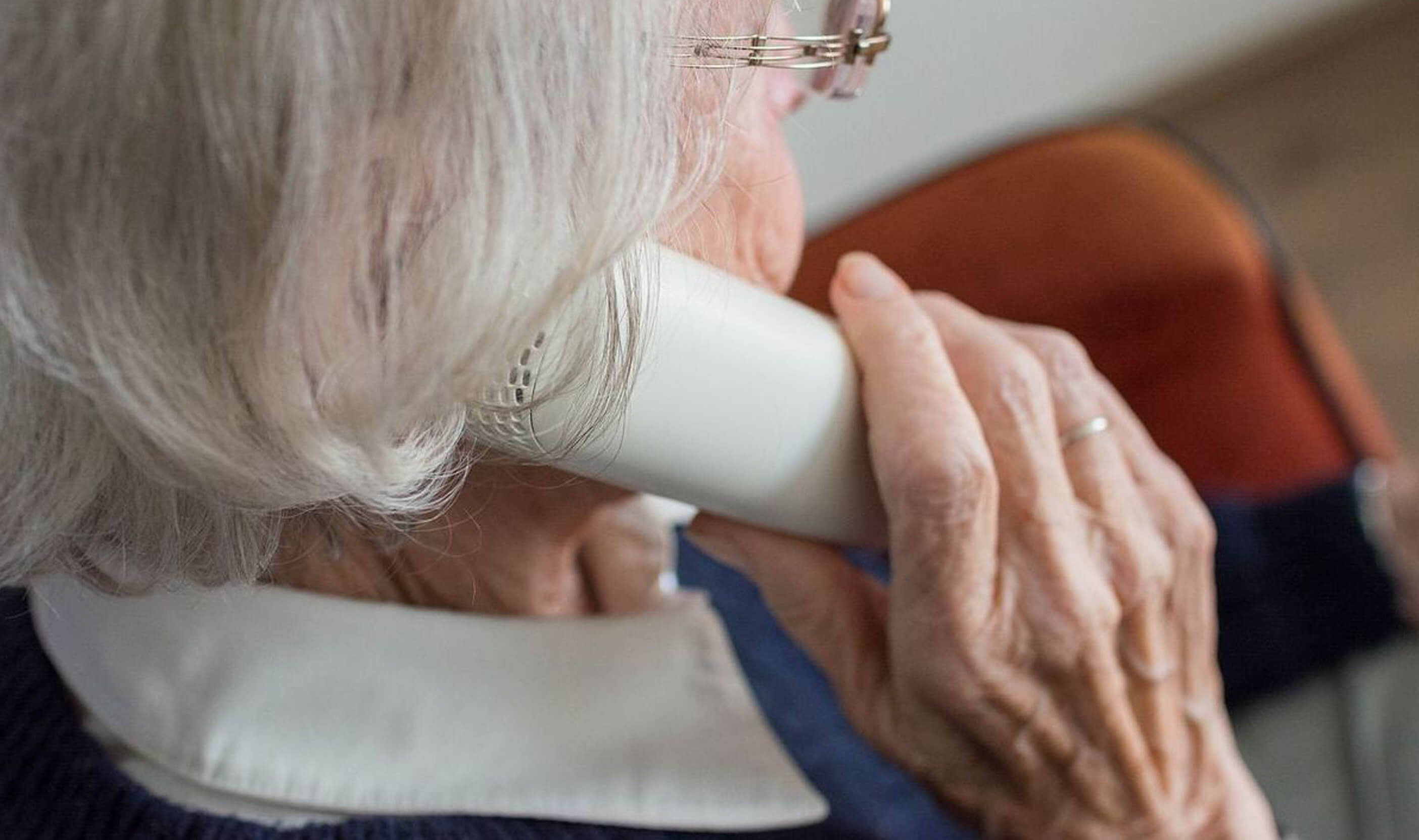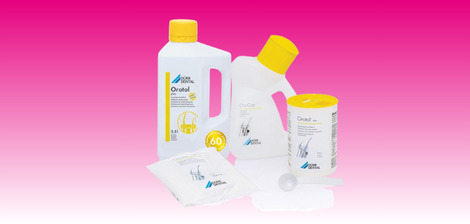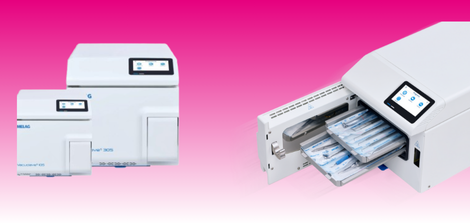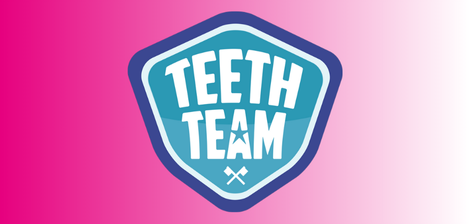Self-help Guidance Which Can Be Offered To Patients Remotely
The following provides guidance on managing a range of common emergency conditions for which self-help might be beneficial to the patient if they do not require urgent access to care.
Telephone advice for Coronavirus Emergencies
Toothache
- Regular painkillers if you need them
- Good or hygiene with a fluoride toothpaste and reducing your intake of sugary foods will help ensure any decay won't get worse
Bleeding after extraction
- Bleeding tends to respond well to pressure. Bite on a clean handkerchief firmly 30 minutes. If this doesn't work call us back
- Pink saliva and a little bit of oozing from the extraction site is normal, just like if you had skimmed your knees
Bleeding gums
- This is usually the result of gingivitis or gum disease. Gums will not stop bleeding until your oral hygiene improves. Brush your teeth and gums twice a day, spending extra time on the ones that bleed
- Invest in some TePe brushes or floss to clean in between your teeth
Dentures rubbing or loose
- Consider using a fixative for loose dentures like fixadent
- Seabond denture pads may also make a denture more comfortable or stable
- Any sharp or rough bits can be adjusted at home with an emery board
- Leave your denture out if it is too sore to wear
Lost crown / veneer / post crown
- Toofypegs can be used to re-stick lost crowns and veneers at home
- Good oral hygiene and a low sugar diet will help prevent tooth underneath from getting decayed
Ulcers
- Bonjela on the area that is painful before meals in particular
- Maintain good oral hygiene
- Take regular painkillers if needed
- Rinse with Saltwater to prevent infection
- Use difflam mouthwash to help with pain which can be bought from your pharmacist
Pain after the extraction
- Regular painkillers, it is normal for pain to be at its worst on days 34
- Rinse gently with Saltwater ( a teaspoon in a medium glass of warm water) after meals
- If pain is getting worse after a week, call us back
Sensitivity
- Teeth can be sensitive due to receding gums, large fillings or decay
- Try placing Sensodyne toothpaste or another sensitive toothpaste on the sensitive areas and leaving it on overnight
- Use regular painkillers if you need them
- Maintain good oral hygiene and limit sugar in your diet to prevent any decay from getting worse
Lost Filling / Broken / Fractured teeth
- Emergency dental kits can be bought to patch up the tooth at home
- Take regular painkillers if you need them
- Maintain good hygiene and a low sugar diet to prevent decay from occurring or existing decay from getting worse
Swelling
- If you have an abscess you can try to drain it yourself at home
- Take pain killers as needed
- Hot Saltwater mouthwash if it's draining
Regular painkillers
Adults over 16
Paracetamol 1 g four times daily
Ibuprofen 400 mg three times daily (if you take it there has been some research saying this can make coronavirus worse so if you suspect you may have been exposed, don't take it. The same can be said for aspirin)
NB Paracetamol and Ibuprofen can be alternated for maximum pain effectiveness
Co-Codamol 8/500 4 times a day on its own not with Paracetamol or Ibuprofen
Children
Age 12 to 15: 750 mg
Age 10 to 12: 500 mg
Age 8 to 9: 375 mg
Age 6 to 7: 250 mg
Age 4 to 5: 240 mg
Age 2 to 3: 180 mg
Age 6 to 23 months: 120 mg
For times a day
Advise to take advice from their pharmacist over the phone if they are not sure what they can take.
Advise all patients if the nature of their problem changes they can call us again. Document conversation on patient's notes and advise they may need routine dental care in the future to completely resolve problem.
Courtesy of Sefaakor Ahiaku (March 2020)
Further guidance can be found at www.sdcep.org.uk/published-guidance/emergency-dental-care/
Remember: Whenever there is any doubt, the needs of the patient should be the priority and the advice of a clinician should be obtained.



